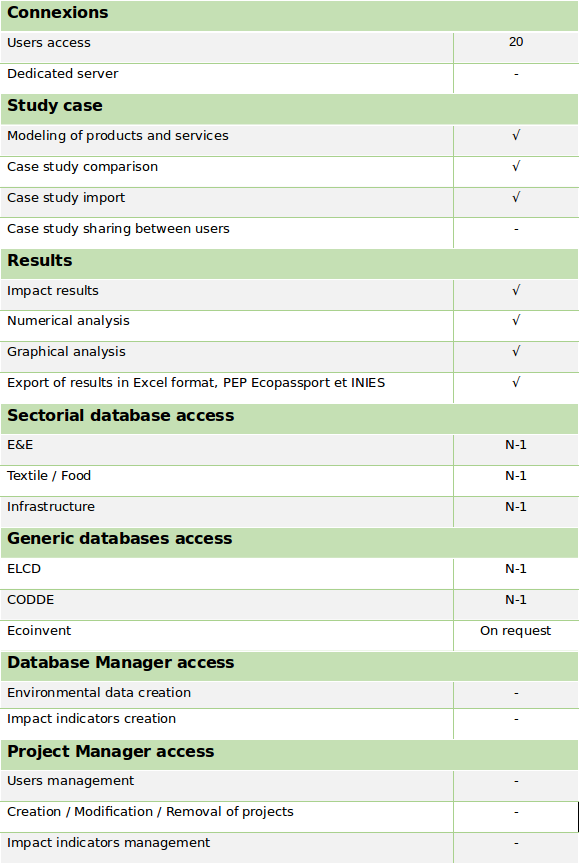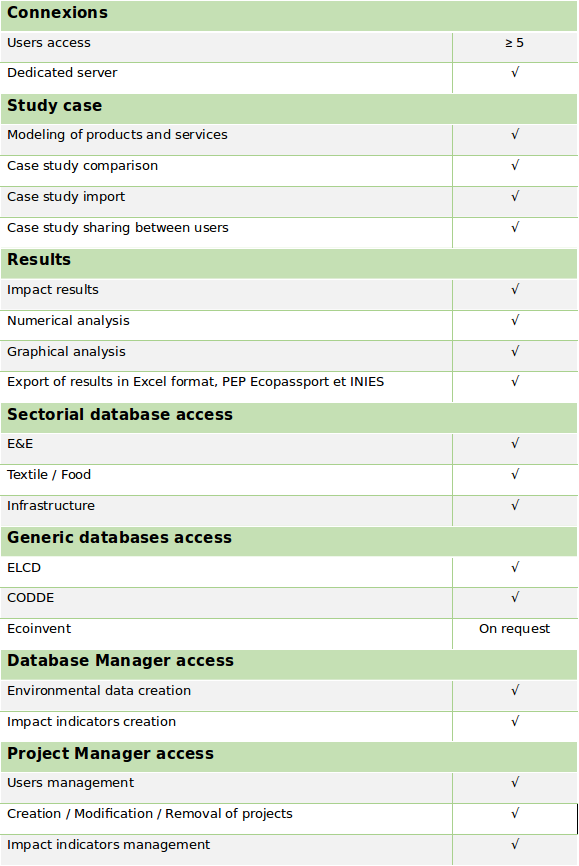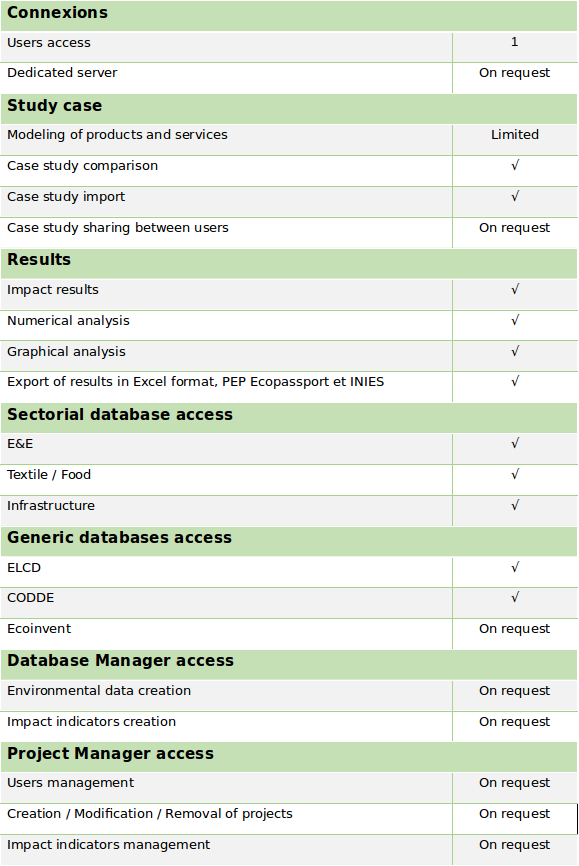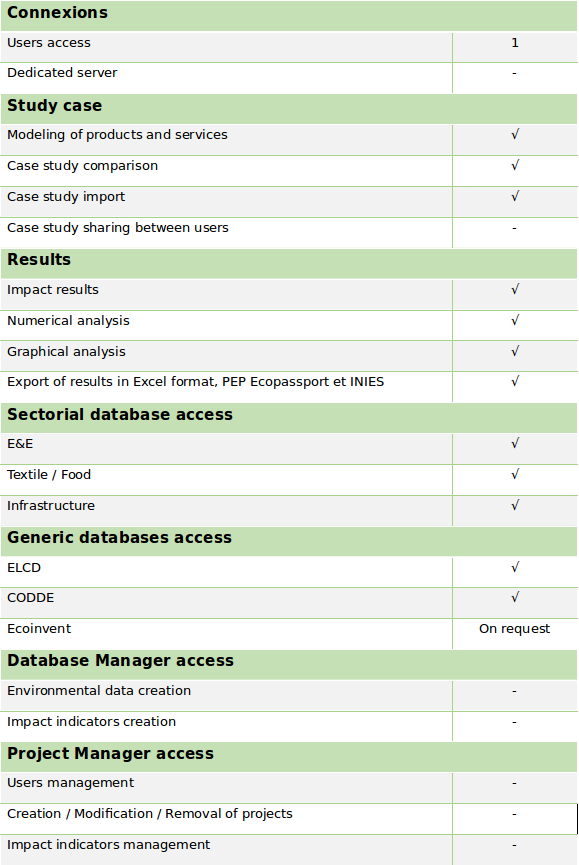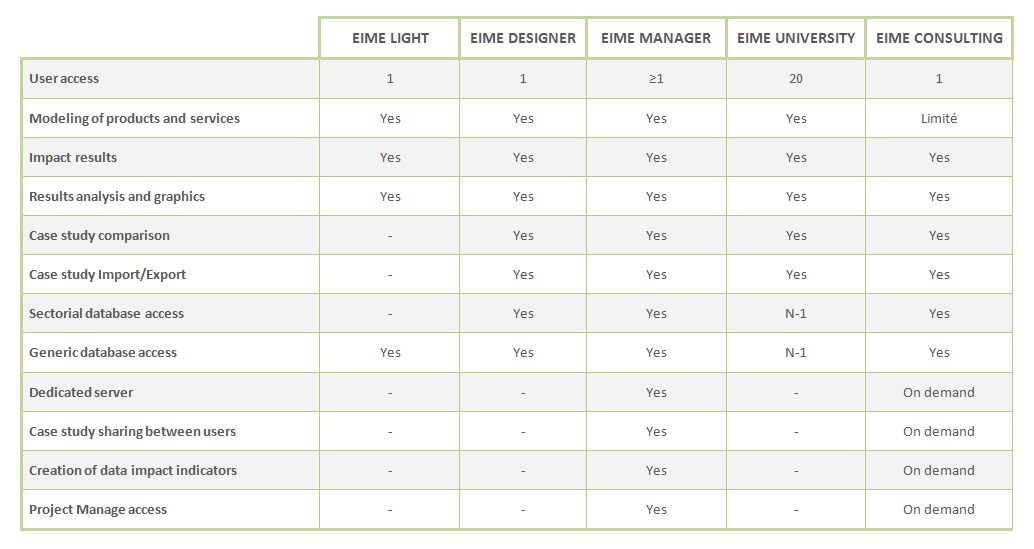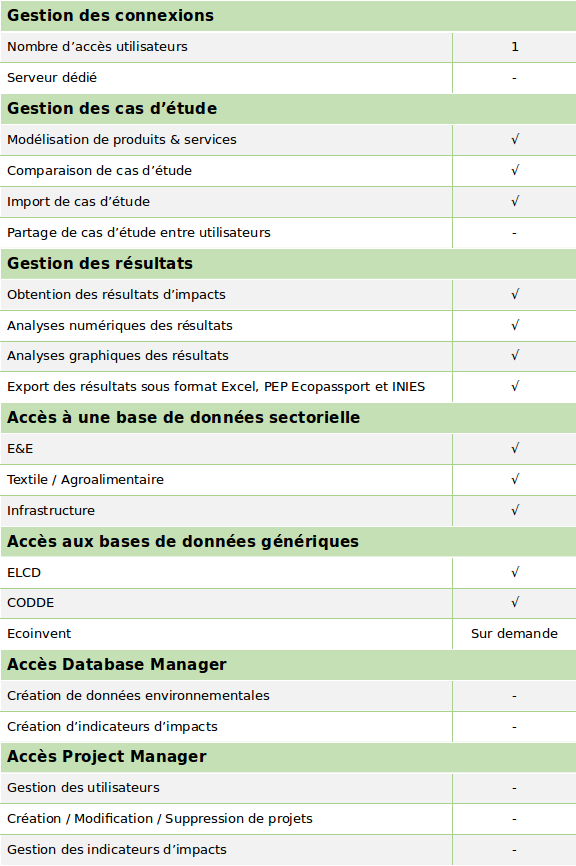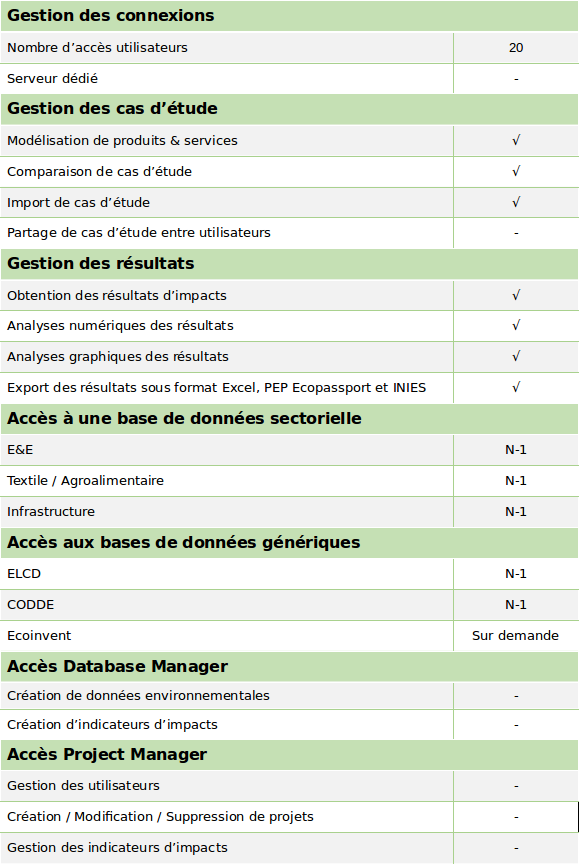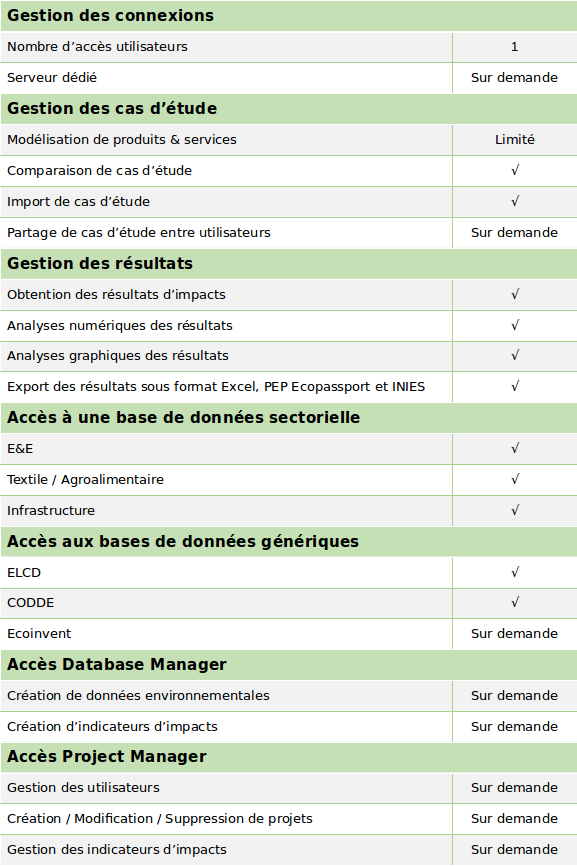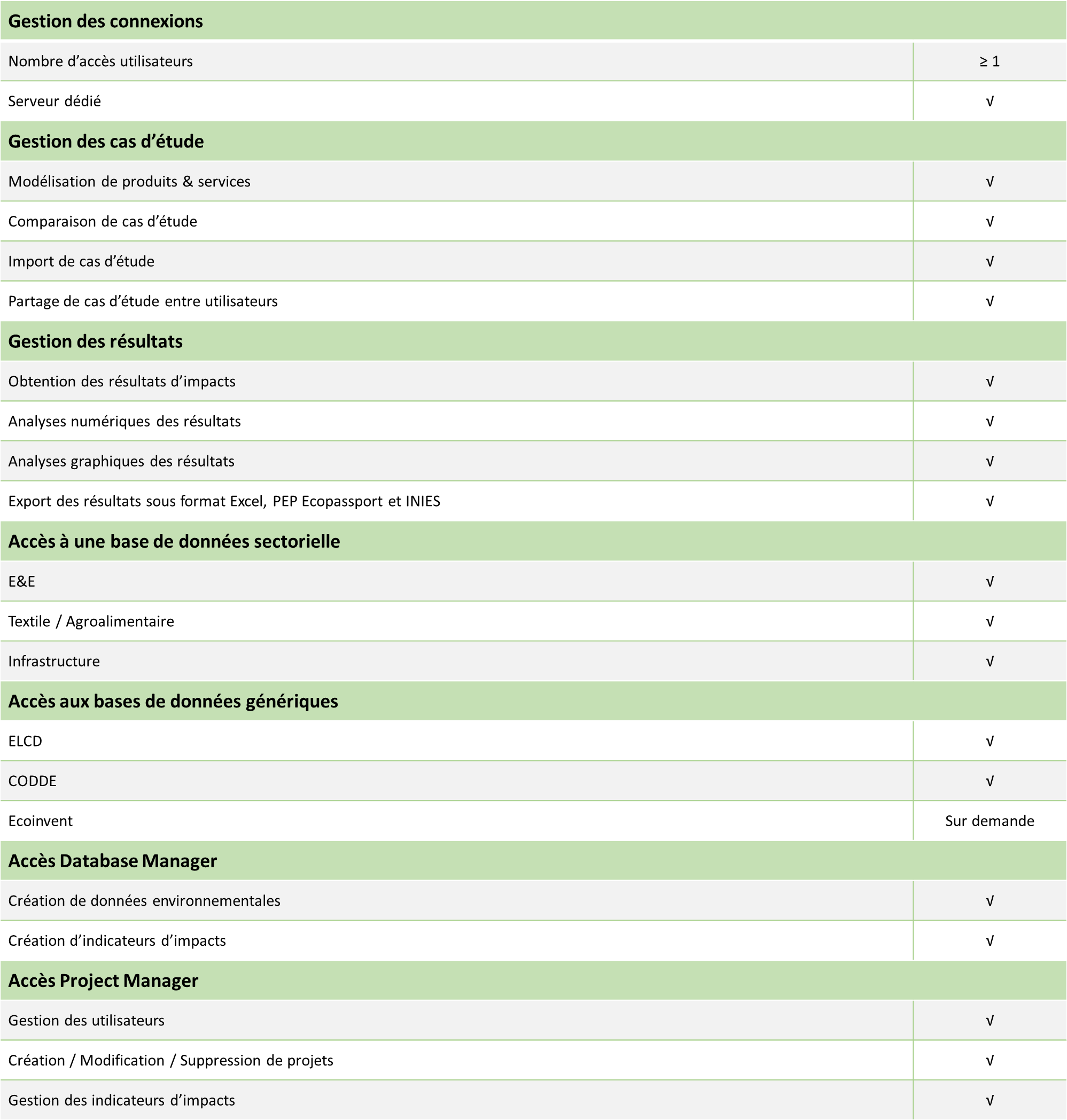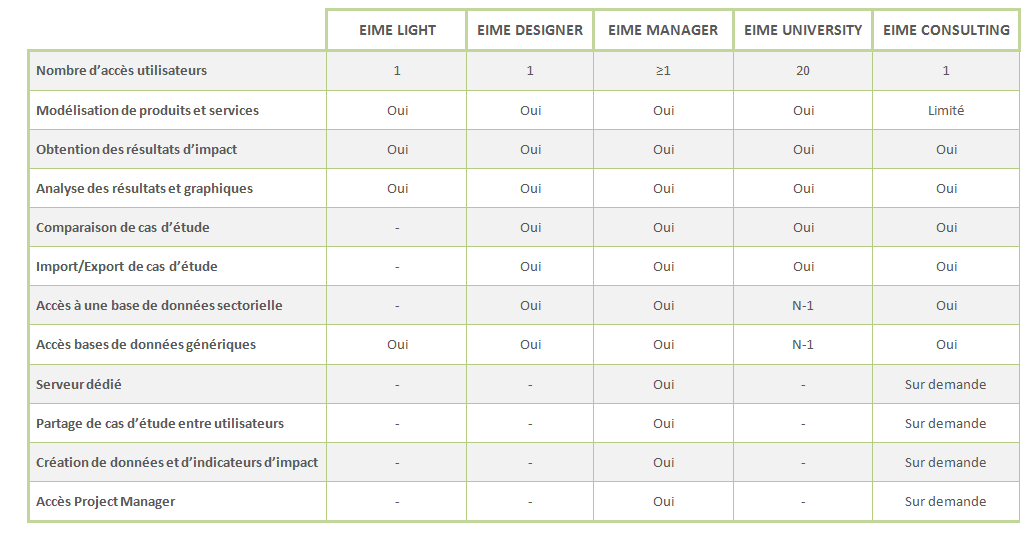STATE OF THE ART
The state of the art carried out by the NegaOctet team has made it possible to identify the main obstacles to be lifted:
- Framework: The absence of a specific methodological framework for digital services makes it difficult to compare studies and environmental claims currently published.
- Multi-criteria approach: Current studies are mainly based on an energy approach, neglecting the manufacture and end of life of equipment; the analyzes are essentially reduced to global warming.
- Data available: To date, there is no ICV database dedicated to digital services; knowledge of the telecom network is weak.
- Knowledge of the real impact of IT equipment: The majority of current studies underestimate the impact of IT equipment, in particular neglecting semiconductors and their level of parametrization.
* Based on a documentary corpus of more than 250 publications analyzed in 2019

ADEME PRODUCT CATEGORY RULES

The NegaOctet framework was transposed during working groups led by ADEME. The LCIE Bureau Veritas participated in the development of 4 product category rules (PCR):
These documents are intended to harmonize the performance of LCA studies of digital services in France and internationally.
PILOT CASE: ANALYSIS OF EIME SOFTWARE
Among the 12 pilot cases that validated the NegaOctet consortium, EIME software was analyzed. Here are some lessons we were able to draw for the global warming indicator:
- 88% of the impacts of using EIME software come from data centers with the following distribution:
- The application server dedicated to the management of the interface and calculations represents 73% of the impacts
- The servers dedicated to database storage represent 18% of the impacts
- Switches and firewalls represent respectively 7% and 2% of the impacts
To learn more, discover the general public infographic to discover the results of this pilot case.

OUR PUBLICATIONS
Find here the methodological guides and studies carried out by the NegaOctet consortium.
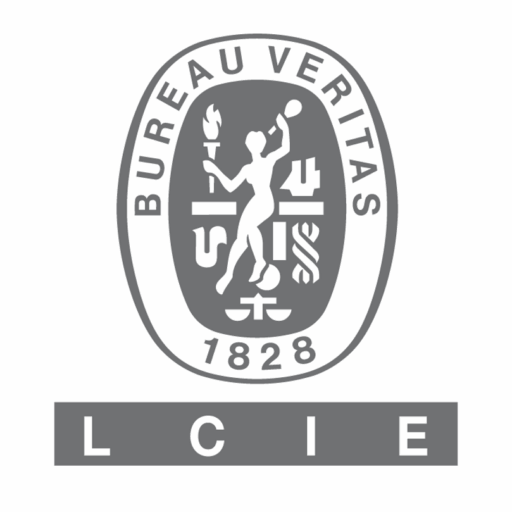










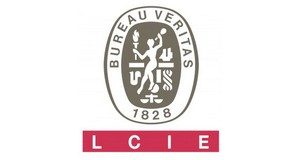

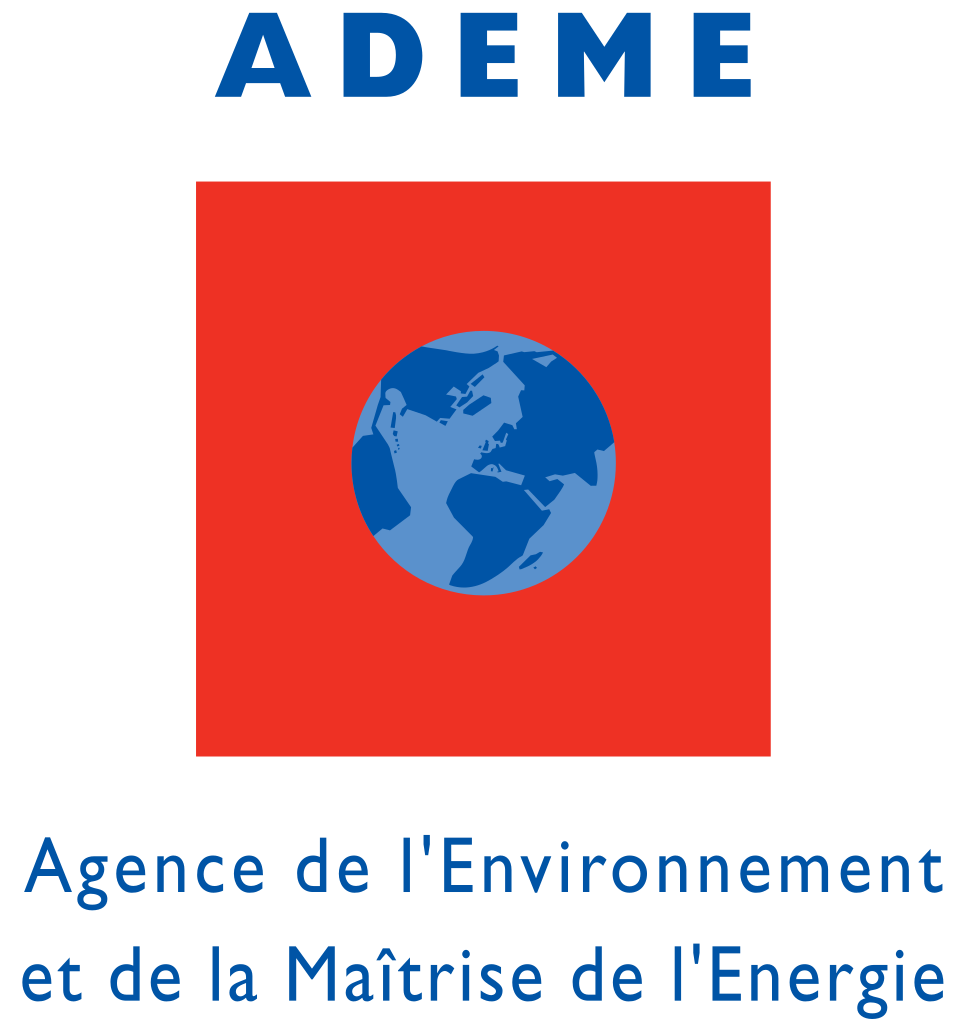

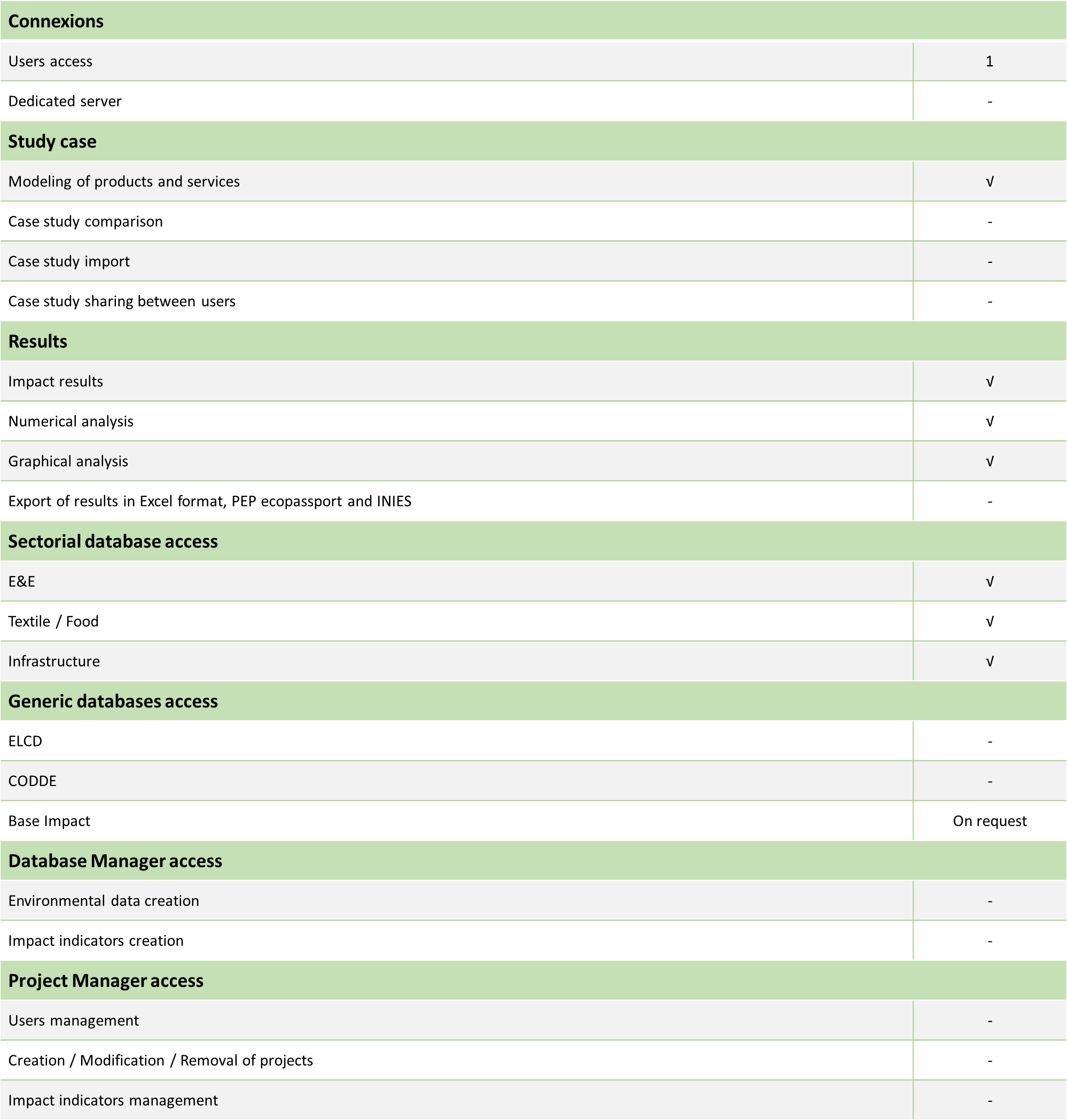
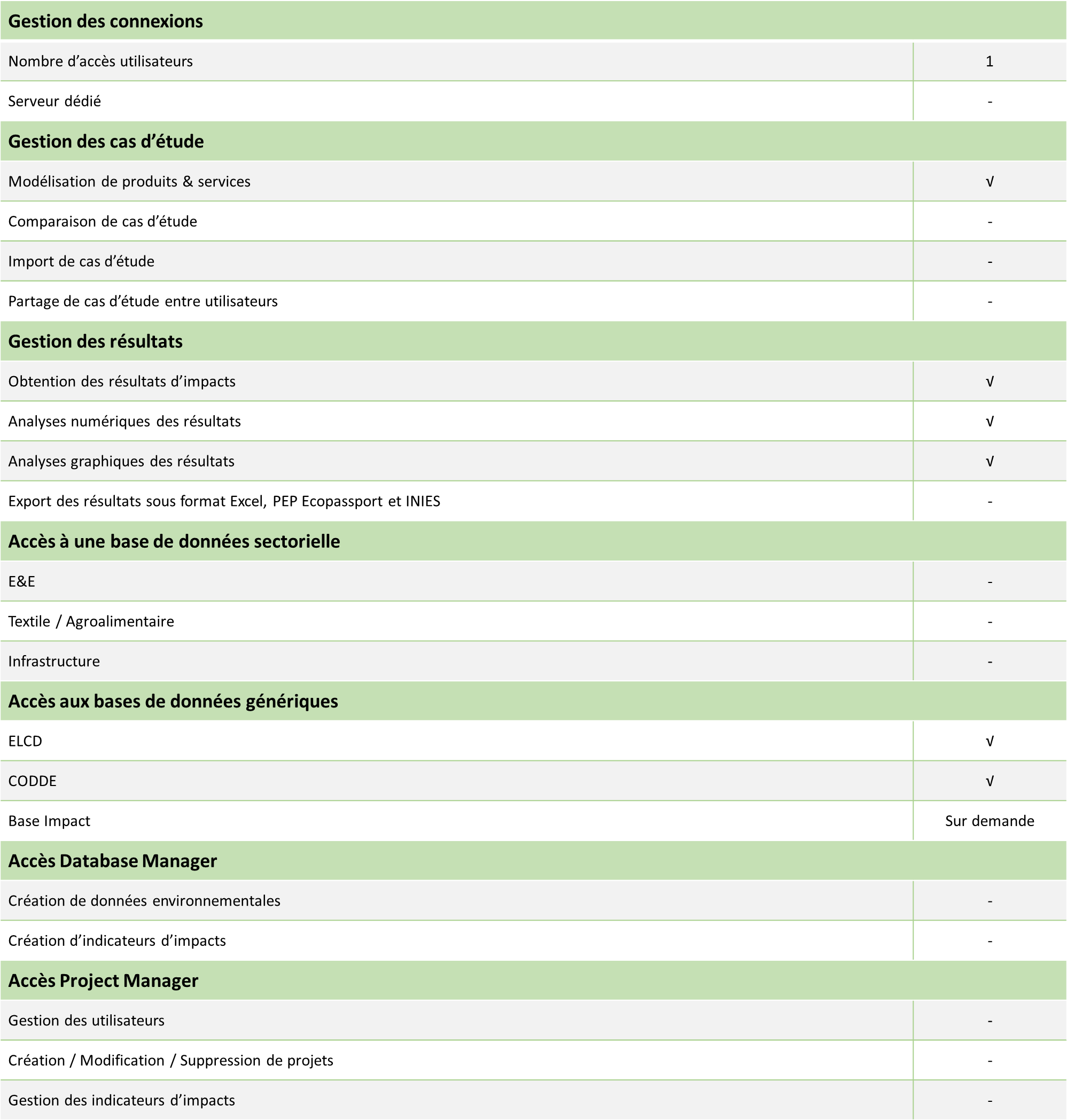
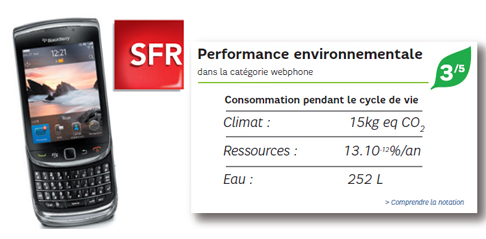 SFR/Vodafone – Affichage environnemental
SFR/Vodafone – Affichage environnemental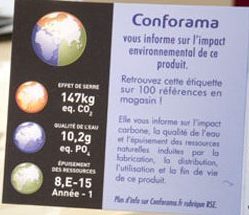 Conforama – Affichage environnemental
Conforama – Affichage environnemental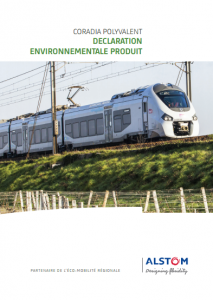 Alstom Transport – Déclarations Environnementales Produit (DEP)
Alstom Transport – Déclarations Environnementales Produit (DEP)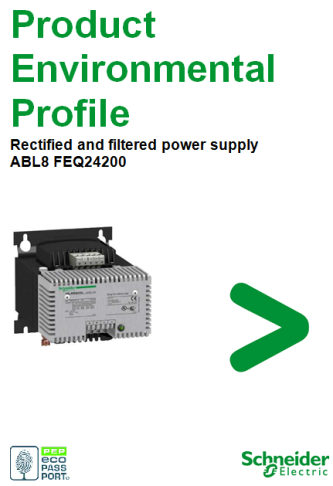 Schneider Electric – Product Environmental Profile (PEP)
Schneider Electric – Product Environmental Profile (PEP)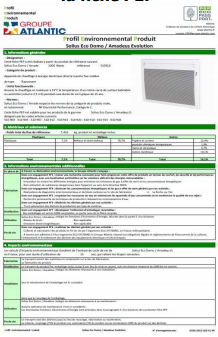 Atlantic – Product Environmental Profile (PEP)
Atlantic – Product Environmental Profile (PEP)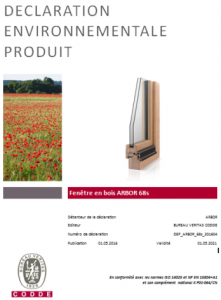 Arbor – Fiche Déclarations Environnementale et Sanitaire (FDES)
Arbor – Fiche Déclarations Environnementale et Sanitaire (FDES)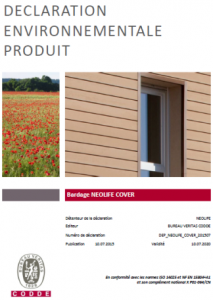 Neolife – Fiche Déclarations Environnementale et Sanitaire (FDES)
Neolife – Fiche Déclarations Environnementale et Sanitaire (FDES) Atlantic – Communication Environnementale pour le grand public
Atlantic – Communication Environnementale pour le grand public